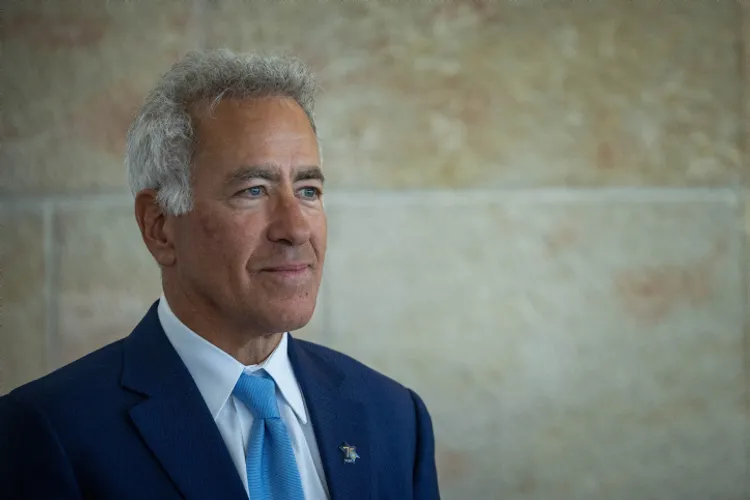
Depressed? It’s Not Because of Trump
Depressed? It’s Not Because of Trump
May 13, 2020
Study Finds — Immediately after Donald Trump’s 2016 presidential election victory, numerous reports started piling up across media outlets of Democrats and liberals experiencing severe bouts of depression, angst, and anxiety.
However, a new BGU study, published in the Journal of Experimental Psychology: General, suggests that the president’s big victory really didn’t lead to a long-term wave of “Trump depression.”
The research relied on self-reporting measures and numerous big-data sources to evaluate both conservative and liberal mental health reactions following the 2016 election.
“The main question we wanted to answer is, can a political loss, a symbolic loss, cause depression?” says Almog Simchon, a Ph.D. student at the Symbolic Cognition and Interaction Lab in BGU’s Department of Psychology.
To start, a survey specifically asking about the 2016 election was administered to 507 self-identified Republicans and Democrats.
Predictably, Democrats largely said they felt more depressed immediately after the election, while Republicans were happier after the results were announced.
But, the study’s authors were concerned that the first survey’s direct questions regarding the 2016 election may have skewed its results.
So, they carried out another survey of 481 conservatives and liberals. This new questionnaire didn’t mention the election specifically, instead asking respondents to describe their mental health between 2015-2018.
This time around, no noticeable differences were observed among Republicans and Democrats.
Since self-reported surveys can sometimes result in inaccurate findings, researchers also analyzed 10.5 million tweets via a machine learning-based model.
This approach determined that signs of depression among liberals on Twitter following the 2016 election largely disappeared after just a few days.
Depression-related search terms were also analyzed from Google, as well as antidepressant use according to Medicaid data, and more daily surveys given to hundreds of thousands of Americans.
All of these investigations produced the same results; while Democrats were definitely upset following Trump’s win, those depressive feelings didn’t last all that long.
“Broadly speaking, our data suggest that America did not get more depressed because of Trump, at least in the first year after his election,” adds Dr. Michael Gilead, head of the BGU Symbolic Cognition and Interaction Lab.
To be clear, the study’s authors are adamant that their study does not completely rule out the possibility that certain groups and individuals have seen their depression rise considerably since Trump took office.
“Findings [in studies from other researchers] show that psychological distress among people of color and other marginalized groups may have increased as a result of the Trump presidency,” Dr. Gilead says.
“Our analyses focused on the differences between Democrats and Republicans; but there may be more to this interpretation.”
“The results do not mean that many Democrats didn’t feel anger, sadness and hopelessness in the aftermath of the election. However, I think that the results do suggest that our public discourse should be more cautious of pathologizing normal psychological reactions.”





